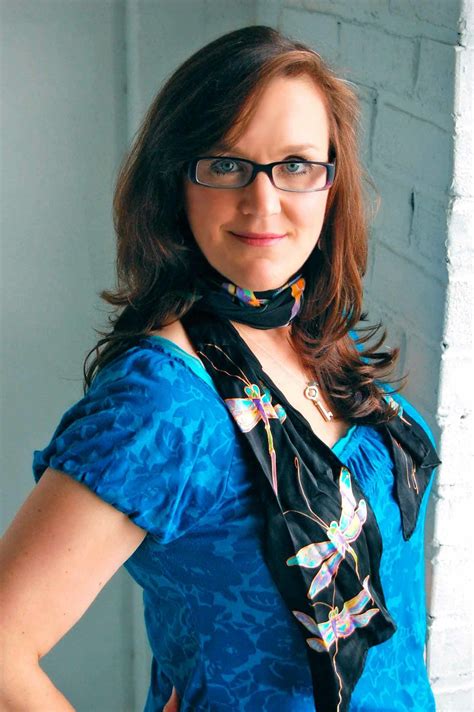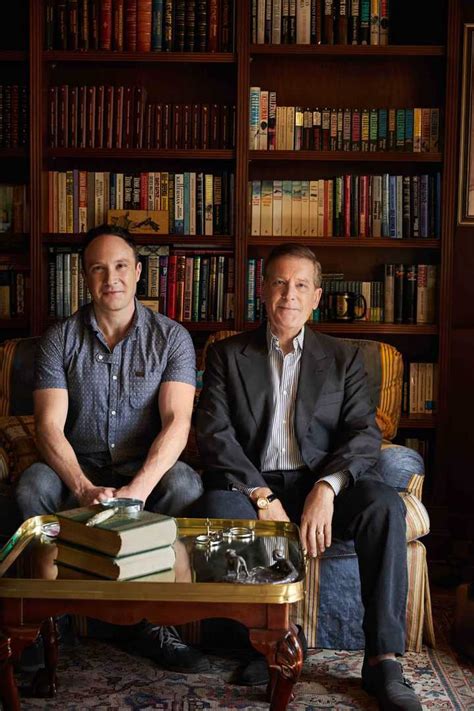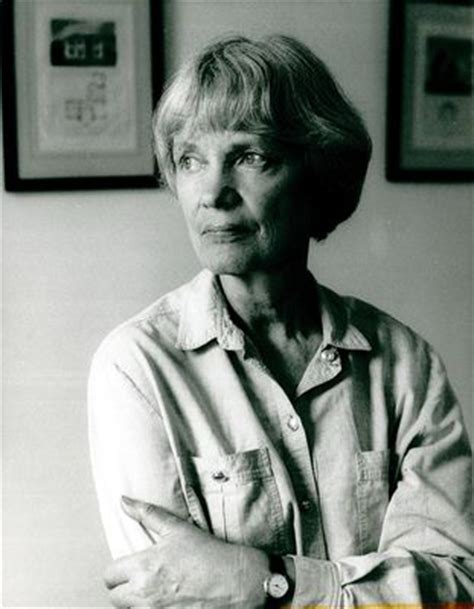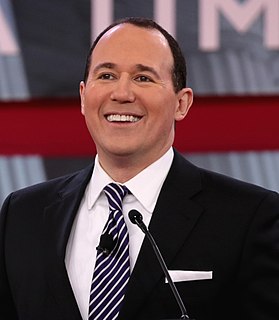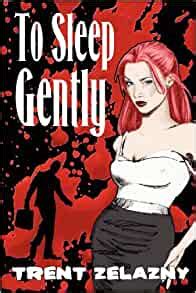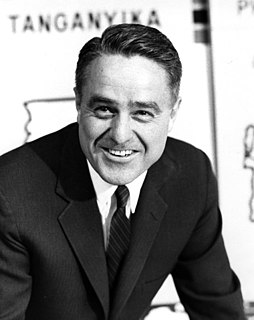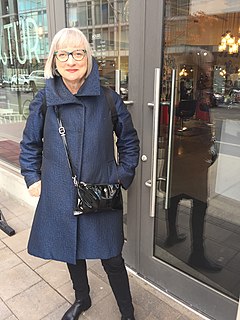A Quote by Diane Chamberlain
Patti Callahan Henry seamlessly combines mystery, family love, and personal journey all in one engrossing tale. From the intriguing beginning to the touching ending, The Stories We Tell is filled with the warmth, heart and compassion that have become the trademark of her novels.
Related Quotes
Patti Callahan Henry’s THE STORIES WE TELL is a lyrical exploration of love and longing, secrets and suspicion, family and friendship, all told with the author’s trademark insights into the hollows and curves of the heart and mind of a working woman who must balance the demands of motherhood, wifedom, sisterhood, and yes, the deepest cravings for artistic expression. I always love the stories PCH tells!
THE STORIES WE TELL fearlessly explores the textures of the human heart, finding a path toward hope through a Savannah that is jagged with class issues, faith misused, and broken trust. Henry loses you in a landscape peopled with secret keepers, storytellers and liars, and proves that in the end, love is the only reliable compass. This is everything you expect from Patti Callahan Henry—lyrical writing, characters worth rooting for, a sure-footed belief in the power of goodness—plus a twisty plot that will keep the pages turning long into the night.
Sharona Muir has written a gripping personal memoir about her odyssey to rediscover and reclaim her father. Along the way she uncovers some hard truths about the heroic founders of Israel and the Beginnings of Israeli science. The Book of Telling keeps in all the fears and resentments and consolations and warmth of such a process-at once her own story and the tale of a nation.
Readers tell me that my novels are filled with significant mothers. Do I realize this? Do I do it on purpose? The truth is, I don't. I think of myself as a writer of family stories. I write more often than not from a male point of view, and I usually begin by focusing on siblings, spouses, even fathers, before I think about the mothers.
Harriet Levin [is] a shining poet in her generation.... The dynamics of her language and her vigorous voice distinguish all her poems. Levin's fearless willingness to tackle any subject combines with her subtle intelligence to produce a rare reading experience, the moving, psychologically sophisticated and intriguing work of a poet with both guts and craft
In People magazine, Madonna said her life has been exhausting since she started her world tour. She said there isn't a second of her life that isn't taken up looking after her family or thinking of her show - her day is filled with problems of work and family. Someone should tell her, everyone else calls that, life.


